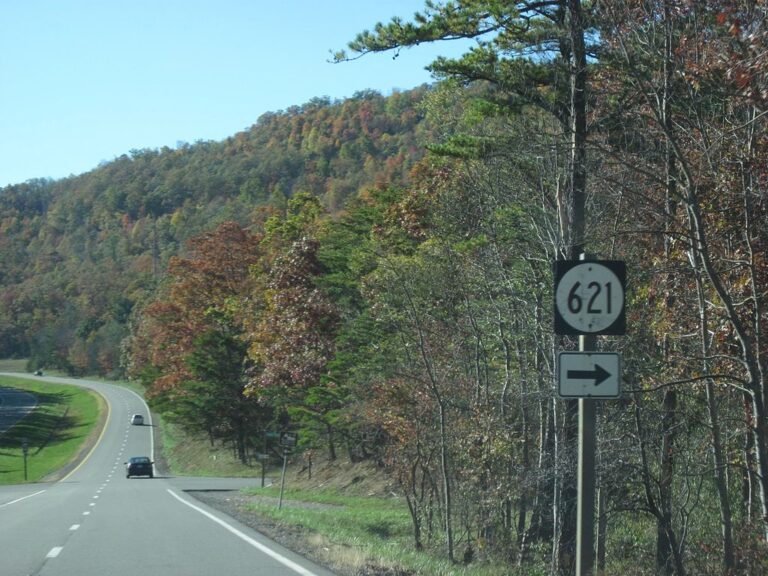HICKORY TUSSOCK MOTH CATERPILLAR
lophocampa caryae
We are replete with caterpillars this year,
mostly of the woolly bear variety,
but today I saw one covered
in thick white hairs and trimmed
with a rickrack of black dots.
It made such elegant geometry
cresting a blade of grass, each dot
a dorsal tuft rising and falling.
The dead don’t need our forgiveness.
Despite my mother’s elaborate theories
about healing the pieces of their souls,
their fragile bones awaiting
the metamorphosis, she’s dead now too.
The hell with her theories. Here in the woods
the caterpillar does its job, which is eating
the leaves of hardwood trees,
with a miraculous single-mindedness.
The long white hairs poke through
chiton, and if you touch them
a painful rash will erupt on your hands
and any place on your body
where you put your hands. In that way,
the caterpillar reminds you of your pitiful
childhood and all the things you learned
to forgive in exchange for future wings.
THE DEATH-WATCH BEETLE
Xestoblium rufovillosum
Edgar Allen Poe called it
a low, dull quick sound,
such as a watch makes
when enveloped in cotton.
In the rafters of old homes,
it taps its head again, again,
against the oak: tick-tick-tick.
Jonathan Swift wrote:
Then woe be to those
in the house who are sick.
Many a roof
has turned to powder.
The small circles,
entry and exit holes,
are packed with frass,
the residue of hardwood
chewed down to dust.
The beams of Westminster Abbey
were riddled with holes, in danger
of imminent collapse.
The Bodleian Library’s
magnificent ceiling was lost.
In this country too, the beetles live
up to seven years
destroying houses, cathedrals, libraries,
a thousand clocks clicking
all night long,
the vigil of the Grim Reaper
drumming bony fingers,
the insistent teeth of time.
PRAYING MANTIS
Mantis religiosa
Tapered celadon wings
held perfectly still;
the plot does not advance
save for the occasional gnat,
the sporadic spider
held perfectly still
in two praying arms.
I can’t save the occasional gnat
who shares this small square drama,
the sporadic spider
on my window screen.
In two praying arms
held fetal and close,
who shares the small square? Drama
unfolds imperceptibly
on my window screen.
Autumn unrolls. Its sentence
is held fetal and close:
death comes too soon,
unfolds imperceptibly
its tapered celadon wings.
Autumn unrolls this sentence.
The plot barely advances—
and death comes too soon.

Kim Roberts is the editor of the anthology By Broad Potomac’s Shore: Great Poems from the Early Days of our Nation’s Capital (University of Virginia Press, 2020), selected by the East Coast Centers for the Book for the 2021 Route 1 Reads program as the book that “best illuminates important aspects” of the culture of Washington, DC. She is the author of A Literary Guide to Washington, DC: Walking in the Footsteps of American Writers from Francis Scott Key to Zora Neale Hurston (University of Virginia Press, 2018), and five books of poems, most recently The Scientific Method (WordTech Editions, 2017). Her chapbook, Corona/Crown, a cross-disciplinary collaboration with photographer Robert Revere, is forthcoming from WordTech Editions in 2023. http://www.kimroberts.org
Image: Gilles San Martin, CC BY-SA 3.0 https://creativecommons.org/licenses/by-sa/3.0, via Wikimedia Commons








